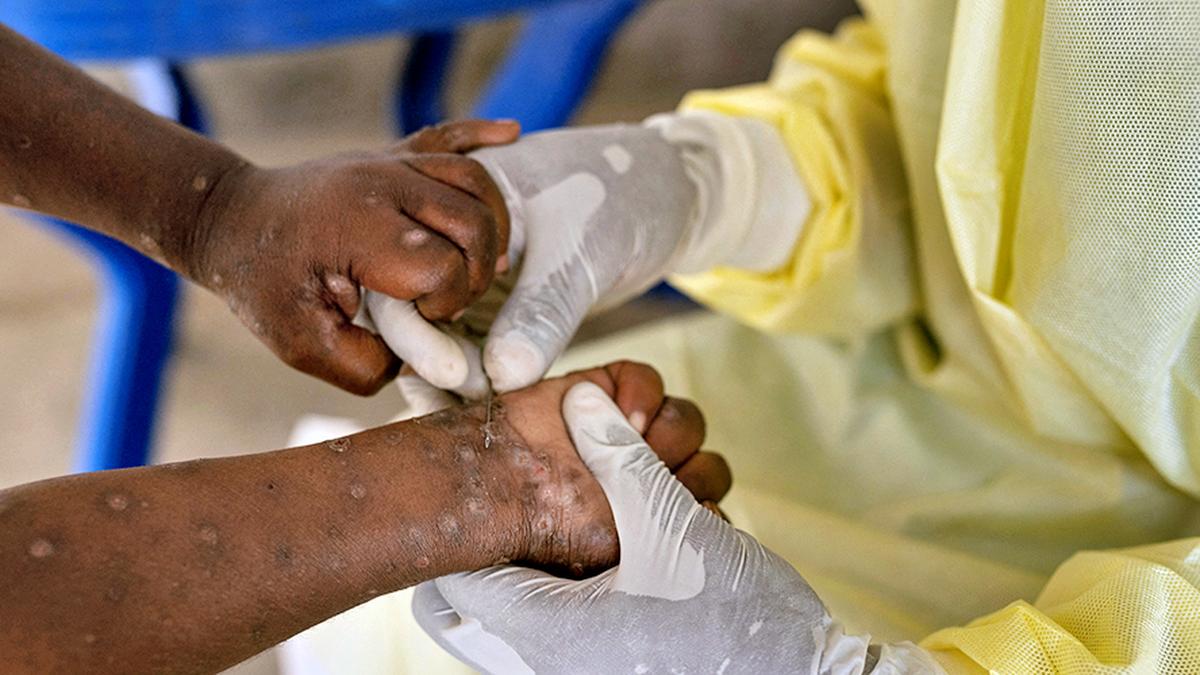Another public health emergency has hit the world, and this time it’s mpox, previously known as monkeypox. The outbreak is sweeping through west, central, and east African countries, and in the past few days, cases have also been reported closer home, in Pakistan and Thailand.
While mpox has been around for decades, this time around, a deadlier and far more transmissible strain—known as Clade 1b—has driven the recent surge in cases. This strain is believed to cause death in about 3.6 per cent of the cases, with children being the most vulnerable, according to the World Health Organisation.
The Indian government has said there is no call for alarm as of now but has also said that hospitals have been alerted and large-scale testing is being looked into if the need arises.
So what is mpox—how is it caused and how does it spread? How do you know if you have mpox and what are the signs and symptoms? What are the treatment options and is there a vaccine available? And importantly, how concerned should India be about this latest zoonotic viral disease?
Guest: Dr V Ramasubramanian, consultant infectious diseases specialist, Apollo Hospital, Chennai and medical director, Capstone Multispecialty Clinic, Chennai
Host: Zubeda Hamid
Edited by Sharmada Venkatasubramanian.
Listen to more In Focus podcasts:



